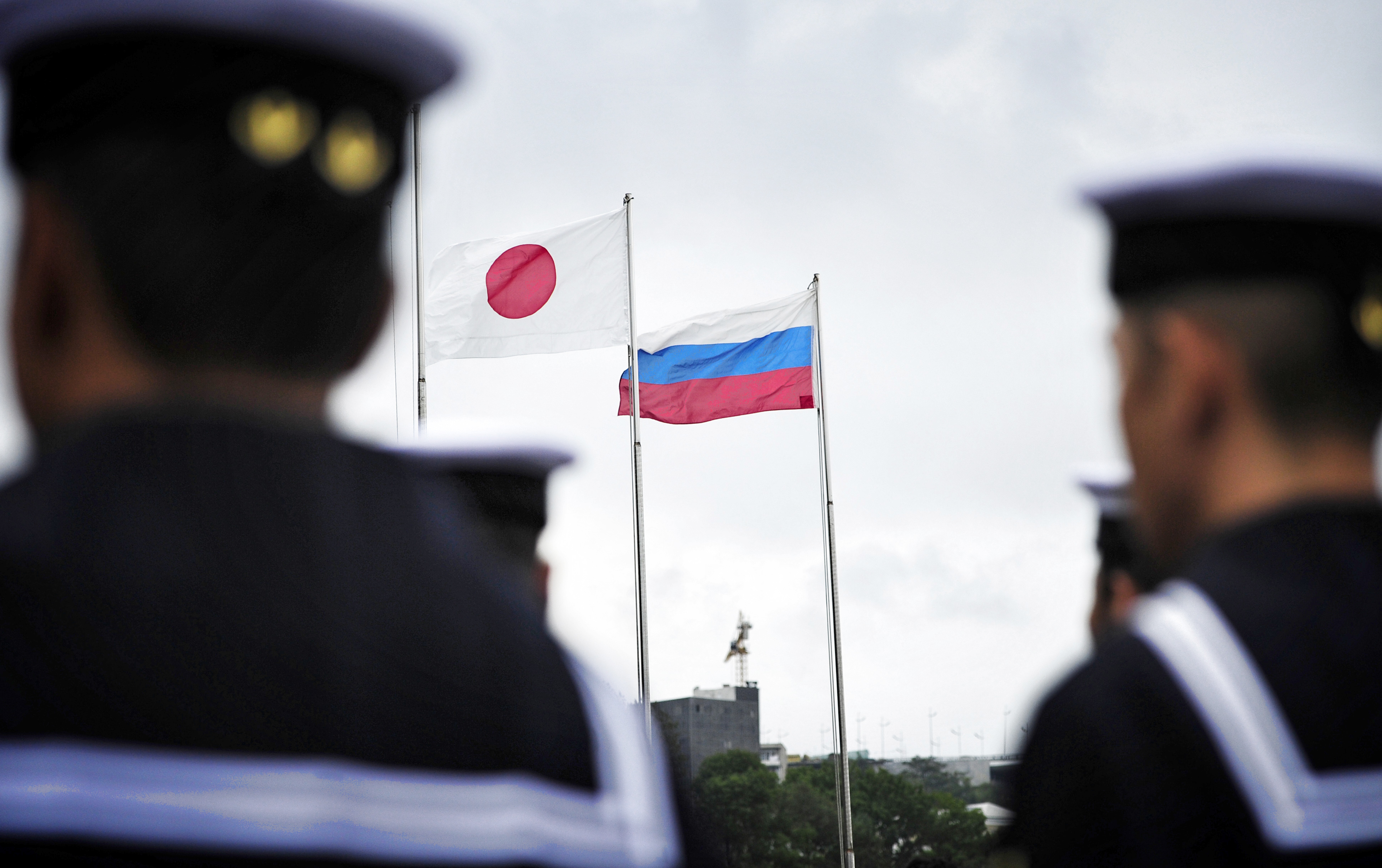ID :
382502
Mon, 10/05/2015 - 10:53
Auther :
Shortlink :
https://oananews.org//node/382502
The shortlink copeid
Medicine, agriculture are top directions of cooperation with Japan - Russian deputy PM

TOKYO, October 5. /TASS/. Medicine, agriculture, urban development and infrastructures are top directions of cooperation between Russia and Japan, Russia’s Deputy Prime Minister Arkady Dvorkovich said on Monday after a meeting of the Russian-Japanese consultation council on modernisation of the Russian economy.
"Today, we have focused on less traditional sectors, namely - medicine, agriculture and urban development and infrastructures," he said. "Those projects now are top directions even above the energy and fuel complex, which are traditional for our cooperation."
"The cooperation is very active," he added. "All major business leaders from the Russia and from the Japanese sides participate in the projects. The regions are cooperating more actively. Today, here were heads of Tatarstan and the Kirov region. Thus we may hope we shall not have any delays in cooperation."
"We have been discussing production of medical equipment. In Tatarstan there are companies, which have accessed the Japanese market already," the deputy prime minister told reporters. Speaking about cooperation in medicine, he said "there exists a project to establish an international medical centre in Skolkovo." "Soon, here [in Japan] will come the mayor of Moscow. I believe he will promote this project, too."
"Moscow also has other projects, which we have discussed today," he said. "They include projects in waste processing, which is a big concern both for Moscow and the Moscow region."
Another direction for cooperation between Russia and Japan is agriculture. "As for agriculture, we have discussed bigger production in Russia of meat and milk, and supplies to the markets of the Asia-Pacific region. Other topics were bigger crops of soybeans and buckwheat in the Far East, development of logistics facilities in the Far East, and first of all in the Maritime territory," he said.
Sanctions and bureaucracy are not barriers
The deputy prime minister said the meeting only nibbled the topic of the West’s sanctions against Russia.
Anti-Russian sanctions have almost no effect on Moscow's cooperation with Tokyo, Russian Deputy Prime Minister Arkady Dvorkovich said. "The sanctions have no importance for all the projects that were discussed today. Sometimes there are difficulties with financing the projects, that’s why not all the Japanese banks may participate in the Russian projects due to sanctions. But there are alternative ways of financing, everyone also knows them," Dvorkovich said.
Speaking on whether the sanctions against Moscow over the Ukrainian crisis affect the Russian-Japanese cooperation, Dvorkovich said: "Almost no." "We saw no direct impact. Only some changes in the structure of financing several projects," he added.
At the Eastern Economic Forum in Vladivostok in early September, which featured many investors and businesses from the Asia-Pacific region; some representatives of Japan mentioned certain problems affecting cooperation with Russia. They said about poor development of the transport networks and mentioned bureaucracy. "We are aware of our own problems. We have plans to cut bureaucracy and we shall be working on this. We have been developing advance territories, which will also help solving part of the problem."
He said, Japanese companies do not say they are facing more problems in Russia than in other countries. "Japanese companies say in Russia they do not have more problems that in other countries; however they are more specific, different and they are to be settled in specific ways," he said.
Russian-Japanese consultation council
Meetings of the Russian-Japanese consultation council are organised since 2010. The current meeting in Tokyo was the 5th. Deputy Prime Minister Arkady Dvorkovich represented the Russian side. Japan was represented by its Ambassador to Russia Tikahito Harada. The council also features major businesses of the two countries.
In a comment on topics discussed at the meeting, the Russian deputy prime minister said "traditionally those are projects, which Russian and Japanese companies are offering for implementation, mostly in Russia."
"However, there are also projects of interest to Japan and which are related to export of some products from Russia to Japan. Those are mostly products of agricultural, medical and timber industries," he added.
The council discusses projects in energy efficiency and energy saving, nanotechnology, medicine, agriculture, urban development and infrastructures.
Read more





